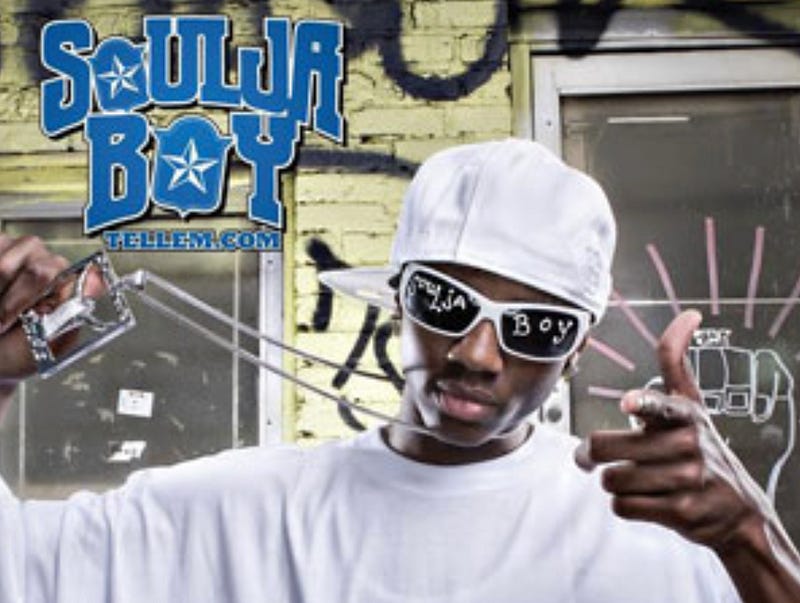“Crank Dat Soulja Boy” Raises Profound Philosophical Quandaries
Soulja Boy’s 2007 magnum opus continues to astound listeners and linguists alike with its soulful underpinnings
Perhaps it’s no secret that rap can get a “bad rap.” Considering songs like Nicki Minaj’s “Anaconda,” Cardi B’s “W.A.P.,” and N.W.A.’s “Fuck Tha Police,” maybe there’s a reason people struggle to see its artistry.
But at best, rap can be poetry. And perhaps no better case study of that philosophical depth exists than Sou…
Keep reading with a 7-day free trial
Subscribe to The Gen Z Report to keep reading this post and get 7 days of free access to the full post archives.


